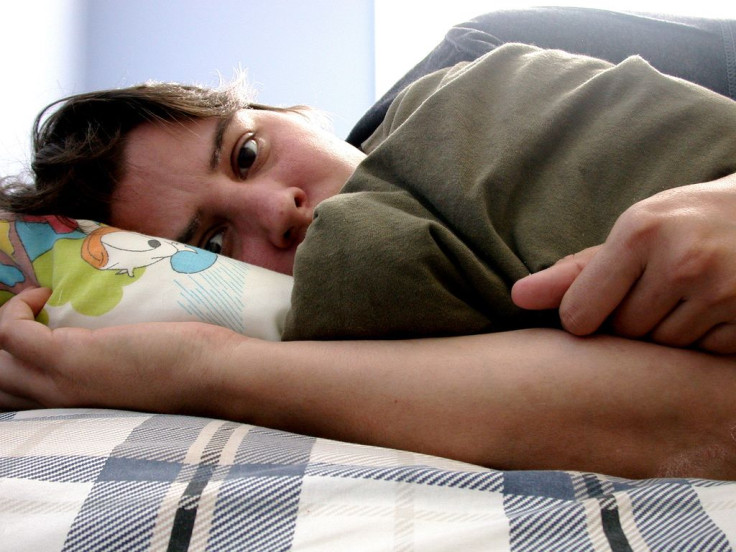The Perils Of Presenteeism: People Still Go To Work When They're Sick Because Of Stress And Job Insecurity

Taking a sick day is often seen as a flaw or a mistake, something that causes an employee to fall behind on their work or disappoint their boss. As a result, many employees avoid taking sick days, even if they’ve earned them and they're really sick. This pressure for employees to never miss a day of work often manifests itself as presenteeism, or the act of going to work even when you’re sick.
In a new study published in the Journal of Occupational Health Psychology, researchers from the University of East Anglia (UEA) examined why presenteeism has become more prevalent among workers. The researchers also wanted to examine how presenteeism can be prevented, particularly since coming to work sick can make you even sicker and backfire. In addition, being under more job strain is likely to lead to increased sick days due to poor mental health, according to past research.
The UEA researchers found that presenteeism can be caused by a variety of things — from job strain, stress, and fear of disappointing employers to high levels of motivation to do well at the organization. All of these things may put pressure on the employee to “go the extra mile,” and throw mental health, illness recovery, and leisure time to the side.
“This study sheds light on the controversial act of presenteeism, uncovering both positive and negative underlying processes,” Dr. Mariella Miraglia, a lecturer in organizational behavior at UEA’s Norwich Business School, said in the press release. “It demonstrates that presenteeism is associated with work features and personal characteristics and not only dictated by medical conditions, in contrast to the main perspective of occupational medicine and epidemiology.”
The researchers reviewed 61 different studies that involved over 175,960 participants in 34 countries. They found that the higher the negative stresses and experiences at work, the less likely employees were to take sick days. People who had a supportive, healthy work environment, meanwhile (good relationships with managers and co-workers) felt they didn’t have to go to work when they were sick and also reported being healthier and more satisfied with their jobs.
“Working while ill can compound the effects of the initial illness and result in negative job attitudes and withdrawal from work,” Miraglia continued in the press release. “However, the possible negative consequences of being absent can prompt employees to show up ill or to return to work when not totally recovered. Organizations may want to carefully review attendance policies for features which could decrease absence at the cost of increased presenteeism.”
Of course, it’s different for each individual case. If you’re getting sick from stress and a related cold/virus/flu, taking a day off will benefit your health. For others who have a chronic illness or have been sick for a long time, getting back to work can improve their mental health and self-esteem.
“It could be a good thing for some people, a way of integrating back into work again,” Miraglia said in the press release. But in the end it’s a matter of flexibility and understanding from the organization, she said. “Organizations may benefit from well-designed jobs that limit the level of demands to which employees are exposed to every day, for example by reducing excessive workload, time pressure and overtime work, as well as making sure they have the resources they need.”
Source: Miraglia M, Johns G. Going to Work Ill: A Meta-Analysis of the Correlates of Presenteeism and a Dual-Path Model. Journal of Occupational Health Psychology. 2015.



























